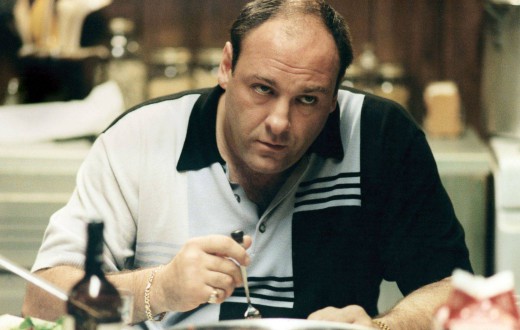If you read these pages regularly, you are likely to be a working actor on some level, or striving to be. But whether you are fresh out of school and trying to book your very first roles as an extra, in student films or in community theater, or you are regularly booking feature roles in television and film, we all have some experience with monologue auditions.
And the sad truth is, until and unless you sign that multiple film deal, you are probably going to be doing monologue auditions as long as you are in the acting game. Monologue auditions are just part of the deal, unless you start your own theater company and cast yourself as the lead in every show. (Please don’t.)
So given its inevitability, perhaps it’s time we look at some ways to dig a little deeper and make the monologue a valuable and rewarding part of your actor’s toolkit rather than a hated chore.
Challenge yourself
How many of us have two or three tried and true monologues we have had memorized since time immemorial that we bust out at every monologue audition, regardless of the type of show we’re reading for? Granted, it is excellent advice to have some great monologues locked down that work for you. We need to be comfortable with the material in order to deliver a genuine and effective monologue. However it is possible to get too comfortable with a piece. As creative, artistic people, actors need constant challenges in order to continue growing, even if that means the challenge must come from ourselves between bookings. Set yourself a goal: find and memorize five new monologues that send you in new directions as an actor. It may take time, but the reward of bringing something fresh and exciting to your next audition will be worth it.
Activate
We all know one of the classic tried and true clichés about acting: good acting is embedded in action, hence the name. However a surprising number of actors fail to take note of this when they choose their audition piece. It doesn’t matter if your favorite monologue of all time is a beautiful story related by your favorite character in a show that brings you to tears every time you see it. Taken out of context, the best story within a story often still comes across as boring and flat. If the character is just recounting a tale for that one- or two-minute slice of the show, it doesn’t give you the actor anywhere to go in the context of an audition. Pick a piece that contains stakes for the character right then and there, where there is something they need or a discovery they are making in the moment. If you use a piece that has the character striving to achieve an objective, you will serve yourself as an actor much better–and you will keep the people behind the table from falling asleep!
Owning the piece
A surprising number of actors seem to think that once they have memorized the words in the monologue, their job is done. No. Wrong. Naughty actor. Go sit in the corner and think about what you’ve done. Memorizing is just the first step. Now that you have the words locked down cold, the real work begins. You can start by sketching out the character’s objectives, and the tools and strategies he or she might use to achieve them. Experiment with using this variety of tactics in the context of your piece, alone and with a partner or an actor’s group. Try out different strategies and see which ones resonate most. Beyond that, having read the entire piece from which the monologue is taken front to back, you should also be able to look at the character’s overall arc: where are they coming from, where are they going, how have their objectives and strategies for achieving those objectives changed over the course of the piece to lead to where you are now? The better you know the character, both before and after the moment you are performing, the more depth and life you can bring to the monologue. Even though it has been stripped of context for the casting team for the monologue audition, you will carry that context into the room with you.
Don’t be a one-note Johnny
As important as the previous note, it is vital that you choose an audition piece that has an arc and demonstrates your ability to change beats and tactics. A piece that features 90 percent rage with no let-up is going to not only wear out your voice, it’s going to wear out the casting team for whom you are reading. Likewise a piece that is engulfed in tears of sadness or any other single beat. Find something with distinct changes that require you to shift your tactics in pursuit of your objective. To paraphrase David Mamet, a play is a series of failures: the character tries to get something, and fails to get it, and that’s how we know the scene is over. So he or she goes on to the next scene only to fail again. Showing some of these failures in the context of a monologue is the surest bet to demonstrate your acting.
When in doubt, cut it out
Keeping all of the above in mind, remember that brevity is the soul of wit. To put a (slightly) more modern spin on it, remember George Costanza from Seinfeld and his affinity for going out on a high note: even if you are allotted two or god forbid three minutes for your monologue, it doesn’t mean you have to squeeze out every second of that time. Most people experienced in casting can get what they need from you in 60 seconds or 90 seconds max, if you stick to the tenets listed above and make sure you hit some solid beat changes and changes of tactics in that time. It doesn’t serve you or the piece you are performing to rush through it in order to cram in every single word–in fact it will be a detriment to your acting to rush. Remember that the idea here is to showcase your acting, not the piece itself.
Lastly, have fun!
Acting is action, true, but it is also play. We play a role, we perform in plays, etc. And casting teams love to see actors comfortable enough in their own skin to actually enjoy themselves. That’s almost always a sign of someone they would like to work with!







